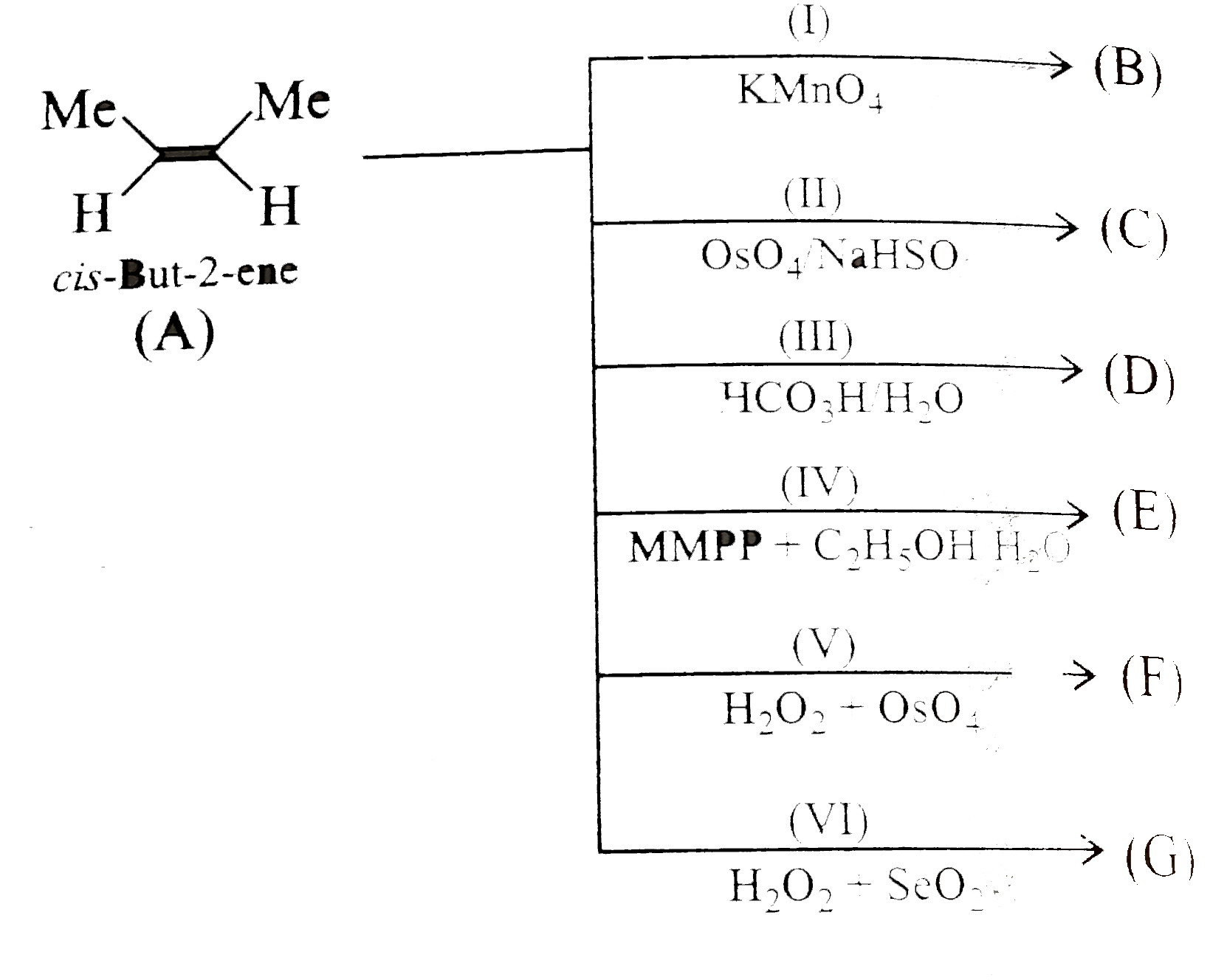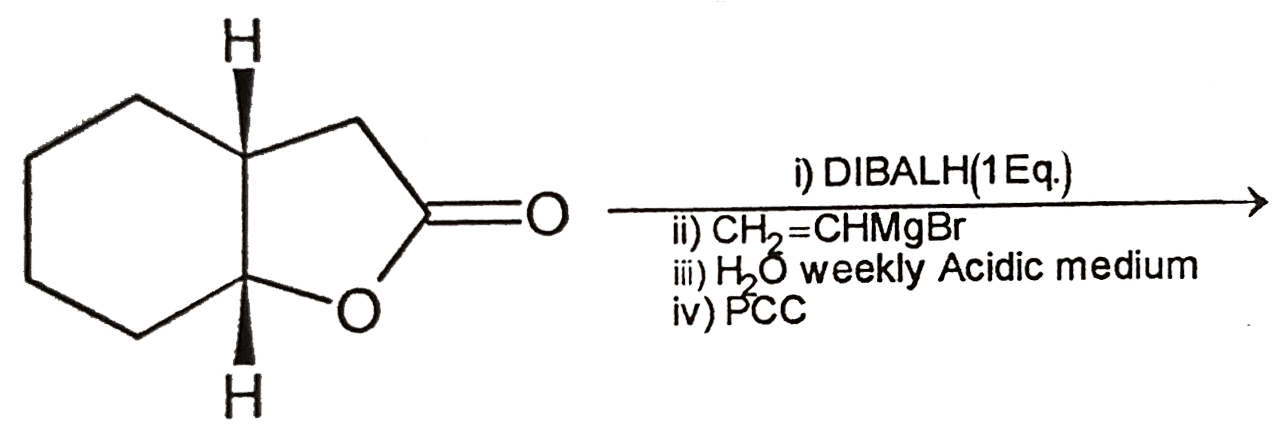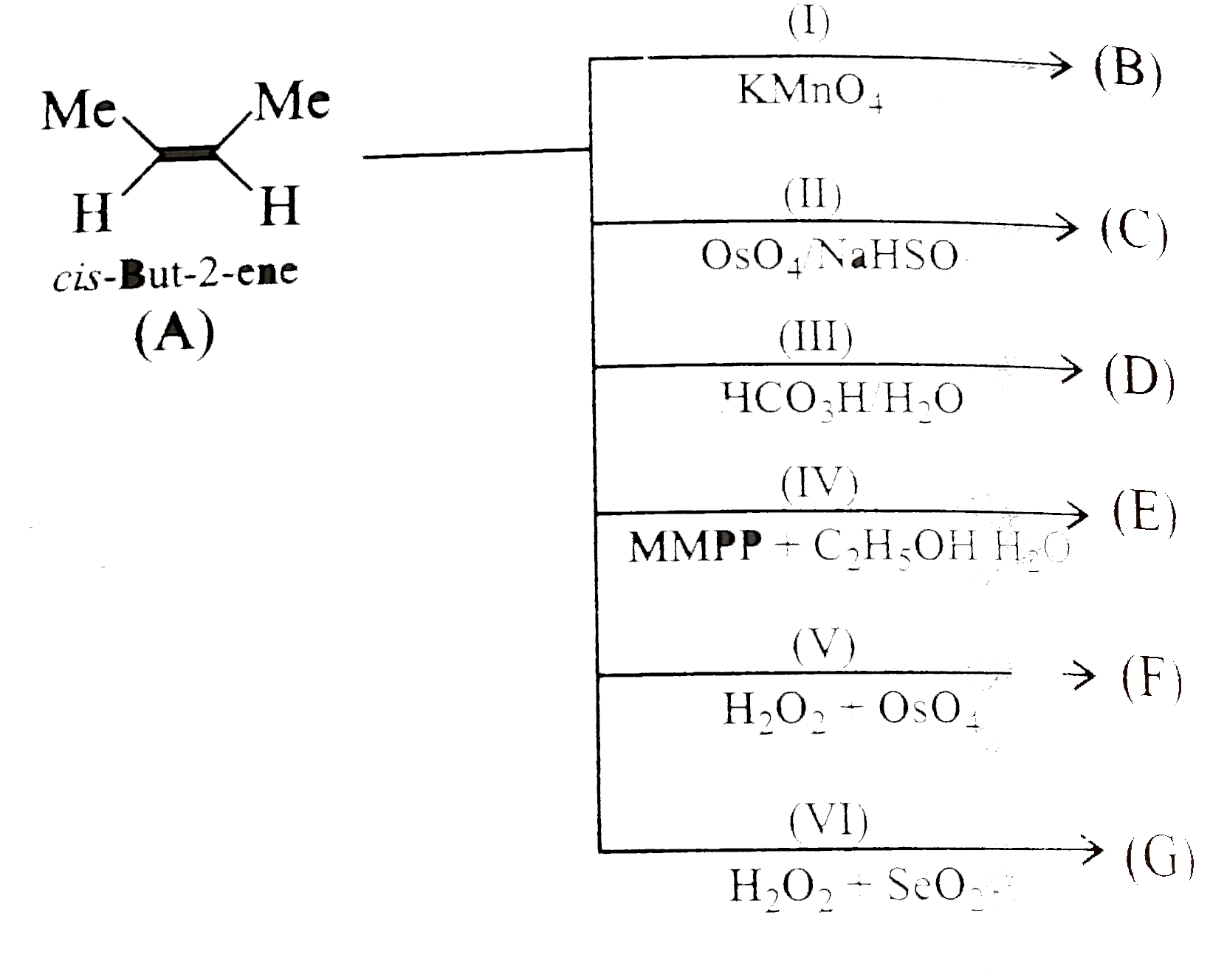Which of the following are radioacitve?
The correct Answer is:b. .49In114
To determine which of the given elements (Cadmium, Indium, or Tin) are radioactive, we can follow these steps:
Step 1: Understand the Criteria for Radioactivity
An element is considered radioactive if it has an odd number of protons or an odd number of neutrons, or both.
Step 2: Analyze Cadmium
- Protons in Cadmium (Cd): 48 (atomic number)
- Neutrons in Cadmium: 66 (mass number - atomic number = 114 - 48)
Both the number of protons (48) and the number of neutrons (66) are even. Therefore, Cadmium is not radioactive.
Step 3: Analyze Indium
- Protons in Indium (In): 49 (atomic number)
- Neutrons in Indium: 65 (mass number - atomic number = 114 - 49)
Here, the number of protons (49) is odd and the number of neutrons (65) is also odd. Therefore, Indium is radioactive.
Step 4: Analyze Tin
- Protons in Tin (Sn): 50 (atomic number)
- Neutrons in Tin: 64 (mass number - atomic number = 114 - 50)
Both the number of protons (50) and the number of neutrons (64) are even. Therefore, Tin is not radioactive.
Conclusion
From the analysis:
- Cadmium: Not radioactive
- Indium: Radioactive
- Tin: Not radioactive
Thus, the only radioactive element among the given options is Indium.
---
An element is considered radioactive if it has an odd number of protons or an odd number of neutrons, or both.
- Protons in Cadmium (Cd): 48 (atomic number)
- Neutrons in Cadmium: 66 (mass number - atomic number = 114 - 48)
Both the number of protons (48) and the number of neutrons (66) are even. Therefore, Cadmium is not radioactive.
- Protons in Indium (In): 49 (atomic number)
- Neutrons in Indium: 65 (mass number - atomic number = 114 - 49)
- Protons in Tin (Sn): 50 (atomic number)
- Neutrons in Tin: 64 (mass number - atomic number = 114 - 50)
From the analysis:
- Cadmium: Not radioactive
- Indium: Radioactive
- Tin: Not radioactive
Topper's Solved these Questions
- BOOK - CENGAGE CHEMISTRY ENGLISHCHAPTER - NUCLEAR CHEMISTRYEXERCISE - Solved Example18videos
NUCLEAR CHEMISTRY
- BOOK - CENGAGE CHEMISTRY ENGLISHCHAPTER - NUCLEAR CHEMISTRYEXERCISE - Ex6.1 Objective15videos
NUCLEAR CHEMISTRY
- BOOK - CENGAGE CHEMISTRY ENGLISHCHAPTER - NCERT BASED EXERCISEEXERCISE - Nuclear Chemistry (NCERT Exercise)29videos
NCERT BASED EXERCISE
- BOOK - CENGAGE CHEMISTRY ENGLISHCHAPTER - ORGANIC COMPOUNDS WITH FUNCTIONAL GROUPEXERCISE - Archives Analytical And Descriptive24videos
ORGANIC COMPOUNDS WITH FUNCTIONAL GROUP
Similar Questions
Knowledge Check
- Question 1 - Select One or More
Which of the following are possible intermediate in the following reaction?
 A
A B
B C
C D
D
Consider the following reactions :

Which of the following regioselective reactions ?View SolutionWhich of the following are reducing agents among the following?
View SolutionConsider the following reactions :

Which of the following regioselective reactions ?View SolutionWhich of the following is/are not the products in the following reaction?
 View Solution
View SolutionConsider the following reactions :

Which of the following are stereospecific reactions ?View SolutionConsider the following reactions :

Which of the following are stereospecific reactions ?View SolutionWhich of the following are closed curves? Which of them are simple?
View Solution

